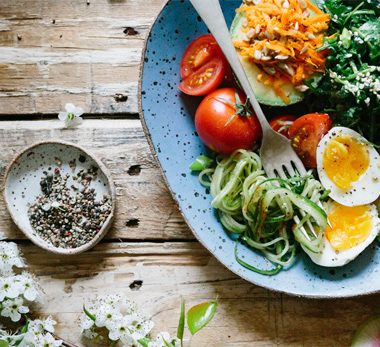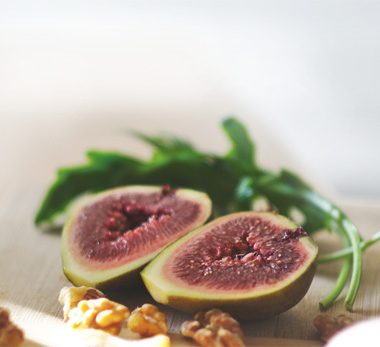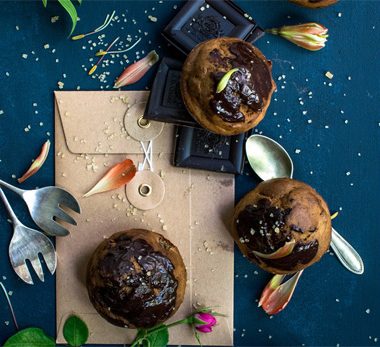Stevia: Is it healthy?
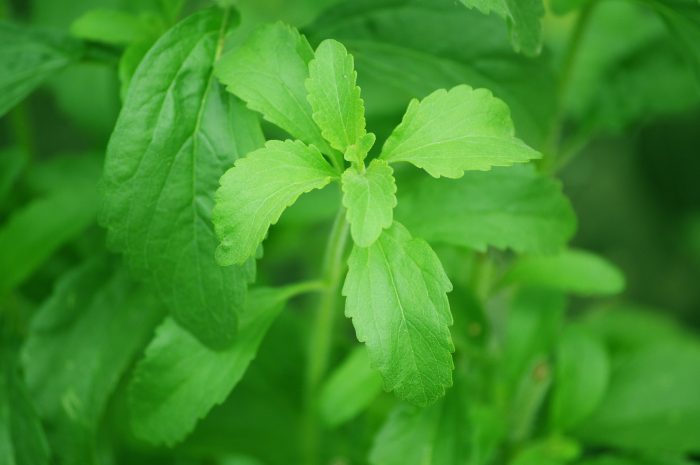
Stevia is an herb with over 200 species that grows in South America. The sweetness of the stevia leaves comes fr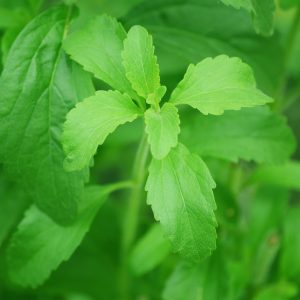
Most “raw” and less processed stevia products contain both sweeteners where most highly processed forms of stevia, like Truvia, only contain the rebaudioside; the sweetest part of the stevia leaf. In terms of healthy benefits, you should know that using the “whole” stevia leaf that contains stevioside is the key.
Here is what you need to know:
- Green Leaf Stevia – This is the least processed of all types of stevia and the leaves have been dried and ground into powder form. It is sweet, slightly bitter and isn’t quite as potent as most stevia products. Keep in mind, this type of stevia is about 30-40 times sweeter than sugar. Use in moderation.
- Stevia Extracts – Many brands of stevia today extract the sweeter and less bitter part of the stevia leaf (rebaudioside) which doesn’t have the health benefits found in stevioside. Unfortunately, there are not any studies available yet showing it’s effects. This type of stevia is about 200 times sweeter than sugar.
- Altered Stevia and Truvia – This is the type of stevia that you want to avoid. They are highly processed and include added ingredients. According to the U.S. patent for the Coca-Cola Company, Truvia goes through a 42 step process to make this processed sweetener. First, the rebaudioside is extracted from the stevia leaf then, chemical solvents are added including acetonitrile (which is toxic to the liver). They then add in a GMO corn derivative in erythritol. Also, many other stevia products contain additives such as sugar and dextrose that come from genetically engineered corn.
So in short, there is a HUGE difference between consuming real stevia and the chemically processed Truvia.
What does the research say?
Regarding the good stevia, there are over 300 studies evaluating its ability to be used as a remedy. Overall, it is generally accepted that this sweet herb can support blood sugar, weight loss. Lyme’s disease and most recently even cancer. The benefits of stevia are actually two-fold:
- There are medicinal properties in the plant itself that lend to healing.
- People using stevia instead of white sugar are omitting one of the primary causes of most illnesses including diabetes, obesity, heart disease and cancer and are, therefore, infinitely less likely to get sick.
Here are just a few of the more promising studies:
Two years ago, Nutrition and Cancer highlighted a groundbreaking study that, for the first time ever, connected stevia consumption to breast cancer reduction. It was observed that stevioside, enhances cancer apoptosis (cell death) and decreases certain stress pathways in the body that contribute to cancer growth.
This spring journal Food Chemistry published a study out of Croatia showing that when stevia is added to natural colon cancer killing mixtures such as blackberry leaf, antioxidant levels soar.
An article published in Journal of Dietary Supplements this April recently evaluated how stevia affects diabetic rats. It was discovered that rats treated with 250 and 500 mg/kg every day “significantly” reduced fasting blood sugar levels and balanced insulin resistance, triglycerides and alkaline phosphatase (which is raised in cancer patients).
Other studies have also found that stevia may help improve cholesterol levels and blood pressure.
On the negative side of things, there is one study that indicates consuming stevia in very large amounts could affect hormones because its glycosides have a similar structure to plant hormones such as gibberellin. But many herbs including ginkgo biloba also have this and if consumed in moderation is a non issue. Also, follow up studies have found that stevia has no effect on hormones.
Best Natural Sweeteners
Many people do well with stevia, but you have to decide what’s best for you. I prefer other natural sweeteners, in moderation.
- Raw local honey – In my opinion, the best natural sweetener with many medicinal benefits.
- Dates – My second healthiest sweetener of choice.
- Stevia Leaf – When buying stevia, green stevia is the best option. Remember, buy stevia without additives and that has been less processed.
- Coconut nectar – The sap from coconut tree blossoms has become one of my favorite sweeteners. Relatively new on the American market, islanders have been enjoying it for centuries. It has the consistency of honey at room temperature and is an abundant source of minerals, 17 amino acids and broad-spectrum B vitamins. The best part about it is that the sap is not processed.
Remember, ALL sweeteners should be used in moderation and in certain instances should be eliminated for a time.
________
Source: Adapted from Dr. Axe @ draxe.com
References:
- Paul S, et al. Stevioside induced ROS-mediated apoptosis through mitochondrial pathway in human breast cancer cell line MCF-7. Nutr Cancer 2012; 64(7):1087-94.
- Akbarzadeh S, et al. The Effect of Stevia Rebaudiana on Serum Omentin and Visfatin Level in STZ-Induced Diabetic Rats. J Diet Suppl 2014. [Epub ahead of print]
- Komes D, et al. Formulating blackberry leaf mixtures for preparation of infusions with plant derived sources of sweeteners. Food Chem 2014; (15)151:385-93.
- Melis MS Effects of chronic administration of Stevia rebaudiana on fertility in rats Journal of Ethnopharmacology 1999 Nov 67(2): 157-161.




